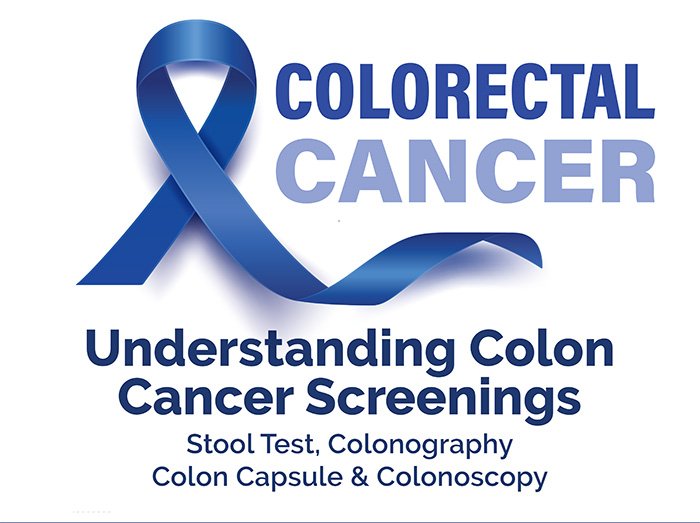by Gastroenterology at Boulder Medical Center
Did you know that colon cancer ranks as the third most prevalent cancer in men and women? While this fact may raise concerns, there’s uplifting news to accompany it. Since the 1980s, colon cancer rates have been steadily decreasing thanks to extensive screening initiatives. According to the Centers for Disease Control and Prevention (CDC), colorectal cancer stands as a significant contributor to cancer-related deaths in the United States. Still, it doesn’t have to remain so. Colorectal cancer screening is a life-saving measure. By identifying precancerous polyps—irregular growths in the colon or rectum—that can be removed before evolving into cancer, screening plays a crucial role. Furthermore, it aids in detecting colorectal cancer at its nascent stage, when treatment yields the most favorable outcomes.
Colon screening examinations are specifically designed to detect cancers before the onset of symptoms. Notably, the U.S. Preventive Services Task Force (USPSTF) recently revised the recommended age for colon cancer screening from 50 to 45. This adjustment is significant as American health insurance providers must cover, at no expense to the patient, any service recommended by the USPSTF with substantial evidence, regardless of cost.
Types of Colon Cancer Screenings
Your doctor can guide you through several tests, each with advantages and disadvantages. The options include:
Stool Test
- Collecting a sample of your stool to examine the presence of blood or DNA markers
- An inexpensive way to test
- You can do these on your own at home
- Requires a colonoscopy for further evaluation if results are abnormal
Colonography
- Uses a Computed Tomography (C.T.) scan to look for colon cancer
- It does not require sedation
- Requires colon prep before testing
- Requires a colonoscopy for further evaluation if test results are abnormal
Colon Capsule
- You swallow a camera pill that takes pictures inside the colon and sends information to a recorder
- Avoids sedation
- Requires colon prep before testing
- Requires a colonoscopy for further evaluation if test results are abnormal
Colonoscopy
- The physician’s team administers sedation and uses a flexible scope to examine your stomach lining
- Preventive — If you have pre-precancerous polyps, they are removed during your procedure to prevent colon cancer.
- Diagnostic — If you have cancer, a biopsy can be taken to confirm
- Insurance Benefits — A colonoscopy typically falls under “preventive health” with insurance companies, so it should be little or no cost to you. On the other hand, a colonoscopy that evaluates an abnormal stool test, colonography, or colon capsule is often covered differently and can include copay and additional charges. Therefore, Boulder Medical Center advises patients to check with their insurance company before scheduling any medical appointment or procedure.
Ultimately, the best screening test is always the one that gets done, so discuss which option is best for you with your physician.
Additional Resources
- Eating to Reduce Risk of Colon Cancer — U.S. News and World Report
- Basic Information About Colon Cancer — Centers for Disease Control
- Screening Stories — Centers for Disease Control
- Colon Cancer Guidelines. When to Have Screening — American Cancer Society

